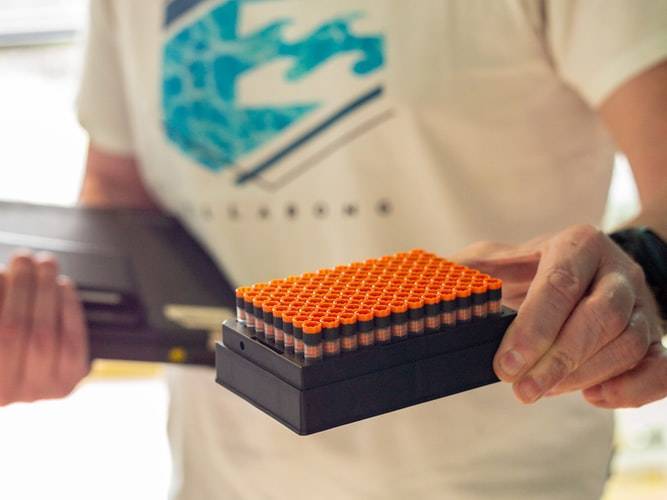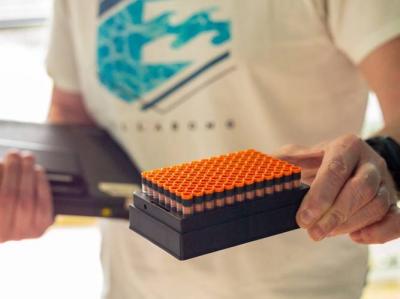In response to a question posed to National Public Radio (NPR) regarding whether those who have received the full COVID-19 vaccine should undergo an antibody test to check their immunity against the coronavirus, a group of doctors clarified the importance of this step.
Some vaccinated individuals are inclined to get an antibody test to know if their bodies responded to the COVID-19 vaccine, but immunology experts do not recommend this for several reasons. Dr. Karl Vitschenbaum, an infectious disease specialist at the University of Cincinnati College of Medicine, explains that it has taken a long time to utilize antibody testing to verify protection after vaccinations for illnesses like mumps and measles, and the same applies to COVID, which has only been around for a year and a half.
Researchers have developed some antibody tests and are working on their accuracy, but there is still more work to be done, according to Vitschenbaum. Currently, the Centers for Disease Control and Prevention (CDC) does not recommend antibody testing after vaccination. The reasoning behind this is that most commercial labs offering these tests are looking for different antibodies than those produced by the COVID-19 vaccines, so they won’t provide much useful information.
COVID-19 vaccines currently target the spike protein of the SARS-CoV-2 virus, and if an antibody test does not include antibodies for this protein, the results will have no meaning. In a recent blog from the University of Texas, Dr. Luis Ostrosky, head of the infectious diseases department at the medical school, stated: "Most labs typically test for antibodies to the nucleocapsid, which are not produced by the COVID vaccine and only form through natural infection" with any virus.
In other words, the majority of the antibody tests available now will only be able to inform you whether you have antibodies due to a COVID-19 infection, not as a result of vaccination. However, Ostrosky notes that there are labs capable of detecting antibodies to the aforementioned spike protein.
Dr. Peter Hotez, dean of the National School of Tropical Medicine at Baylor College of Medicine, adds: "We have no idea yet how many antibodies a person needs to be protected from COVID-19." Laboratories are currently studying the antibody levels that indicate protection, according to Ostrosky, who pointed out that lacking antibodies does not necessarily mean a person is unprotected against the virus.




